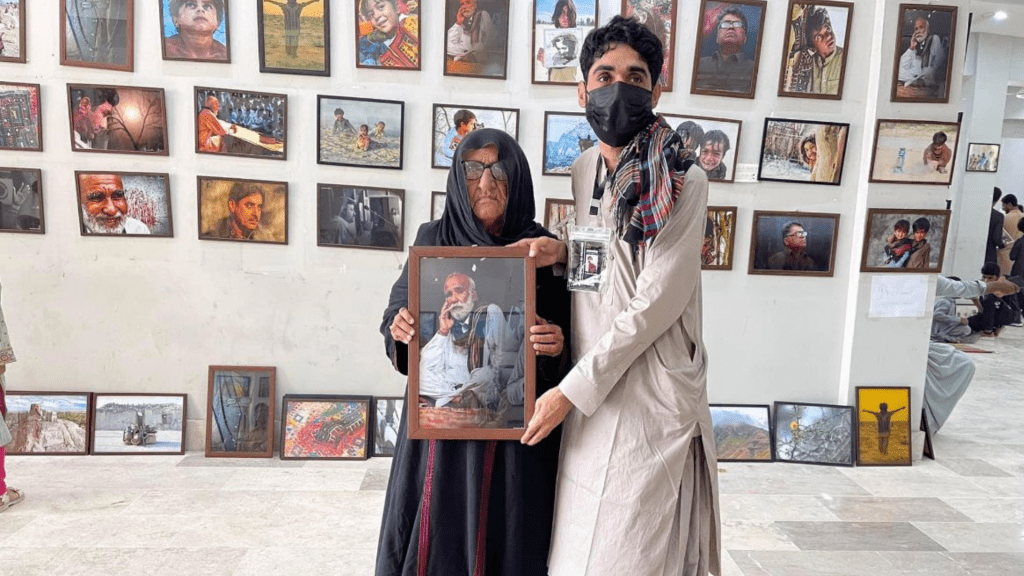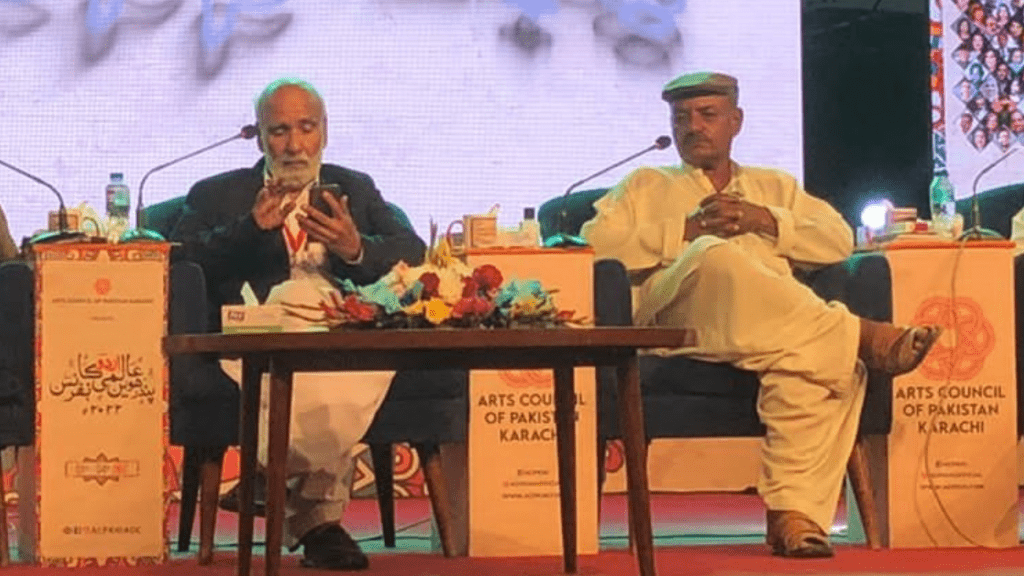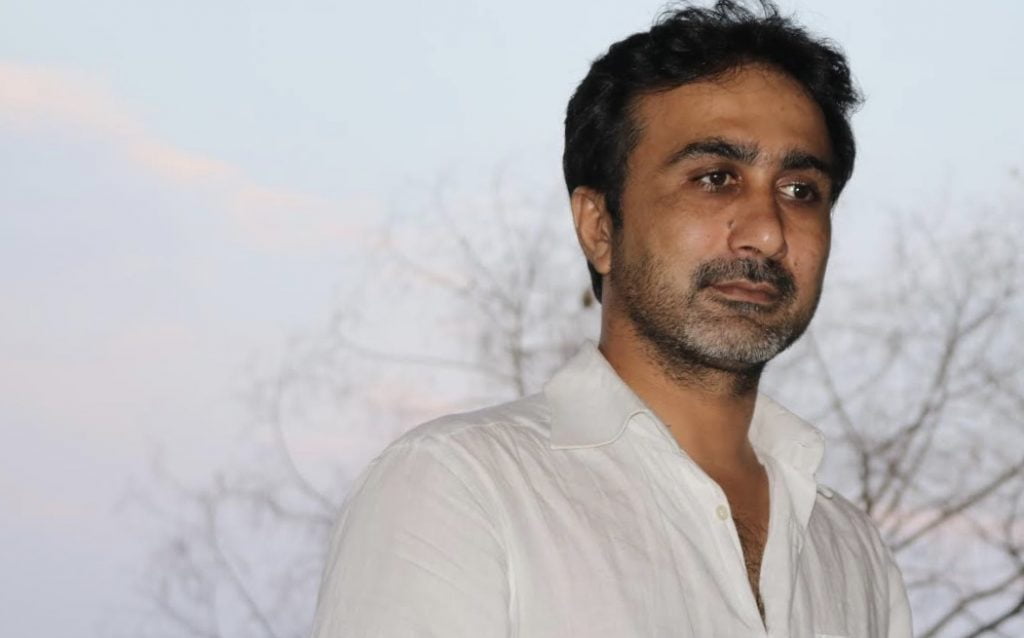The Baloch owns a huge and rich land on the joint of Central Asia, South Asia and Middle East. It is sandwiched between the Shiite Muslim state of Iran and the Sunni Muslim state of Pakistan.
The people of Balochistan have been, since centuries, competing with ideological states with their own social values as the only tool of resistance. The Islamist ideology, which has transformed individuals into moving bombs in the region, has failed to mould the fundamentally secular fabric of Baloch society.
How come the Baloch, one of the least educated and least developed people in the world, with a very small population, has so far successfully retained their values? Or, why, with all their survivalist potency, they have failed to organize themselves into a victorious nation against its rivals. Naseer Dashti’s latest book, The Baloch Conflict with Iran and Pakistan, strives to handle these questions.
Dashti takes you thousands of years back to an early point when the Baloch were not even referred to as Baloch, and then brings you back to contemporary Balochistan, a land divided into multiple pieces, taking into account the whole journey, bit by bit.
The Baloch Conflict with Iran and Pakistan is a narrative of a nation. It is the story of a nation’s quest for nationhood. The book contains detailed accounts of almost every individual organization that has played any role for or against this quest. At the same time, it describes the collective character of the Baloch people.
It covers a period of over 5000 years to examine this journey, with all its bits and pieces. The book starts with the development of Baloch identity. Then it comes to the abode of the nation, called Balochistan, marking its natural and cultural borders and separating it from its neighbors. It scans the regional and international politics in the region; puts the time marker on the divided Balochistan and brings forth the details of the vast geography of Balochistan.
It discusses the rise and falls of every episode of the Baloch national movement, which started before thousands of years and continues till today. It starts with ‘Baloch and Balochistan in context’ and ends with ‘The Baloch national question is waiting for a just resolution’.
Amidst these chapters, the book chronicles stories of the Baloch heroes, who are dubbed as traitors by Iran and Pakistan, and the collaborators of Iran and Pakistan whom the Baloch see as traitors.
The book reads like a novel. My plan was to read it in leisure, maybe one chapter a day. But when I started the book, I was stuck with its story. I kept reading or thinking about it all the time – in my language classes, at the university, during my human rights activities and political discussions.
At the end of every chapter, I wanted to read the next one out of the curiosity of knowing what happens next. It seems to have a plot. Its protagonist is named Baloch. As you keep reading, you get acquainted with his emotions, weaknesses, deprivations, desires, failures and aspirations.
I wondered how the politics of Germany, France, Britain, Soviet Union and America has affected the Baloch. How international politics has changed the life of a nation, who have been totally cut off from the world.
You might find a lot of things to disagree with in the book. I did too. But no one has told this story of a forgotten people ever before.
Taj Baloch is a poet and linguist. He published the first anthology of his poetry in 2016 in both Roman and Arabic scripts. Baloch is the Coordinator of Human Rights Council of Balochistan.
He can be reached at @TajBloch



